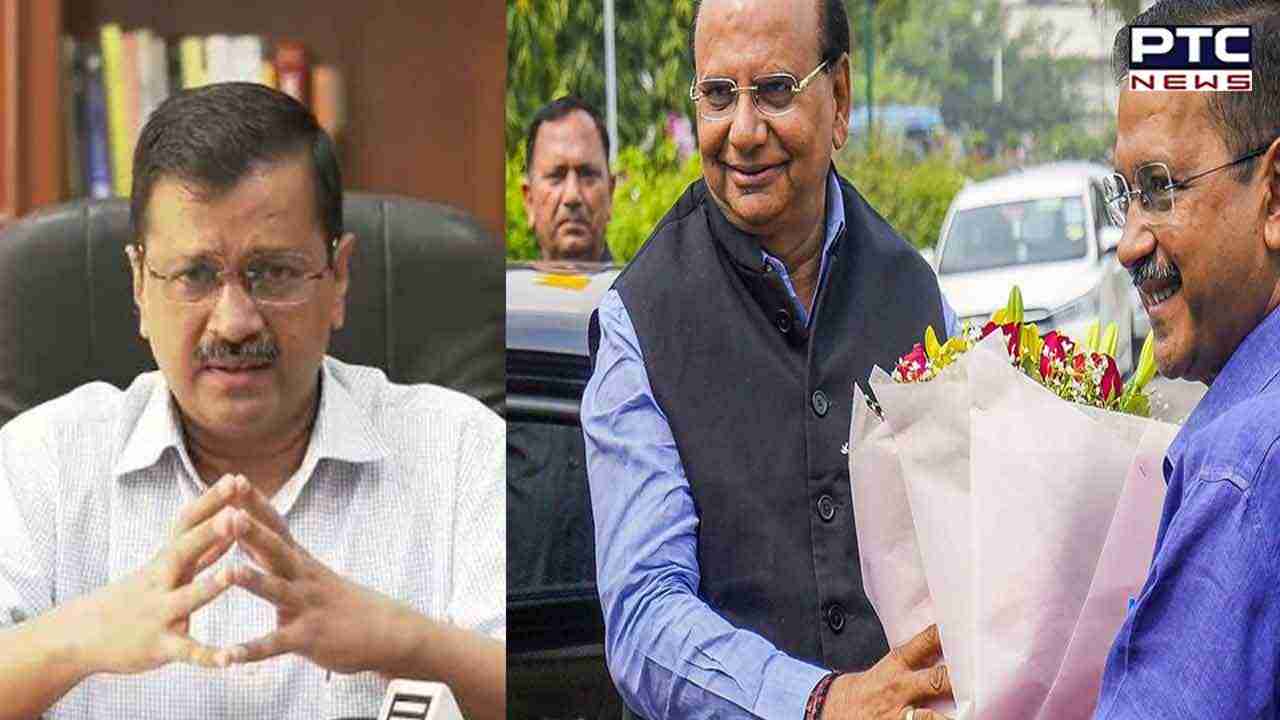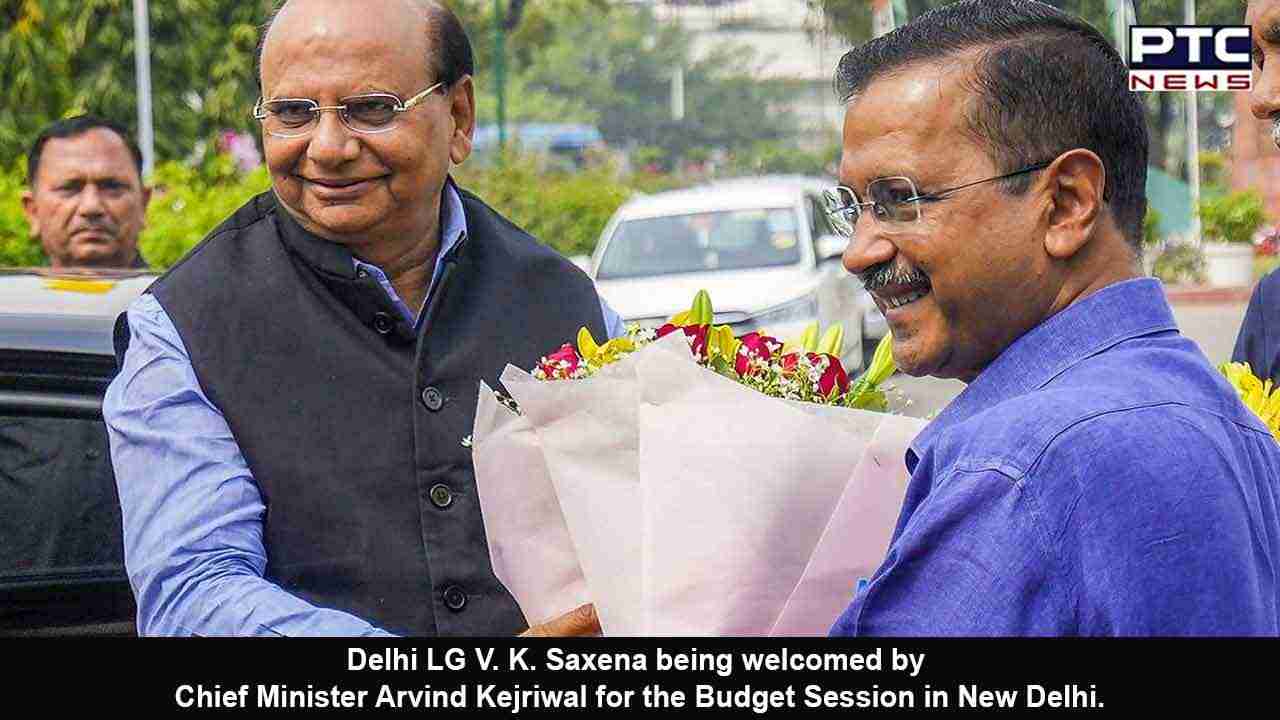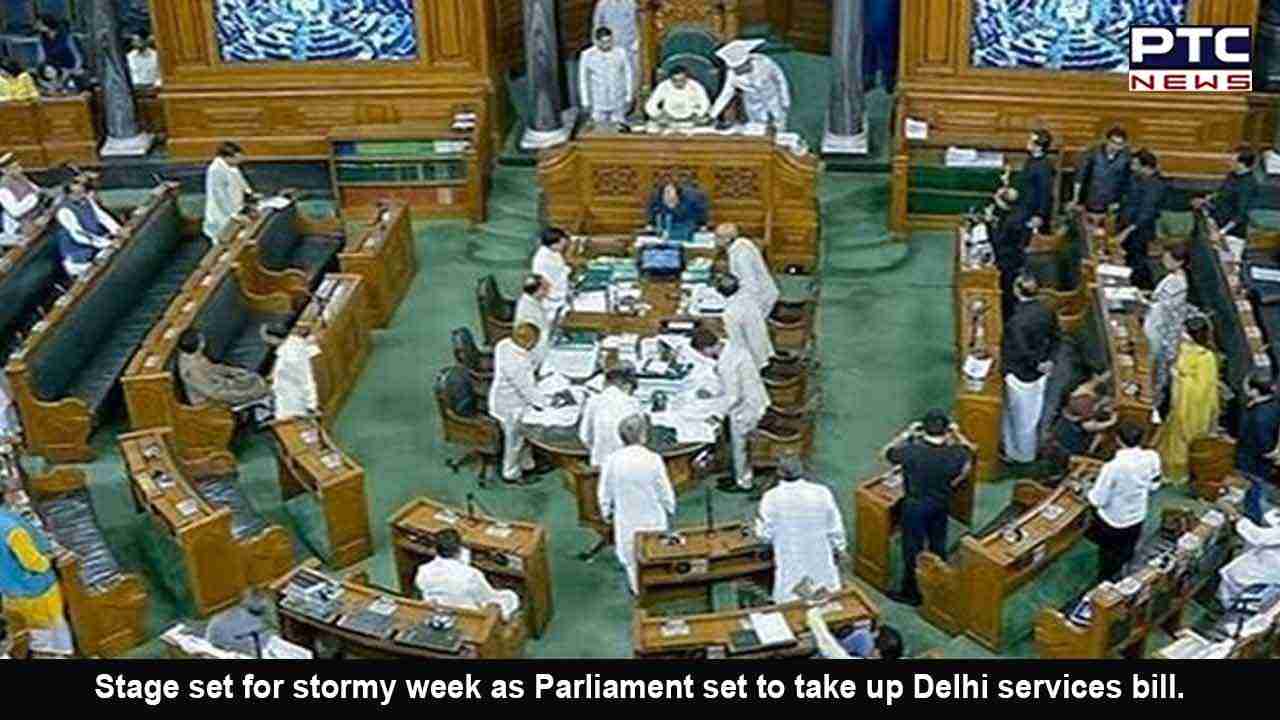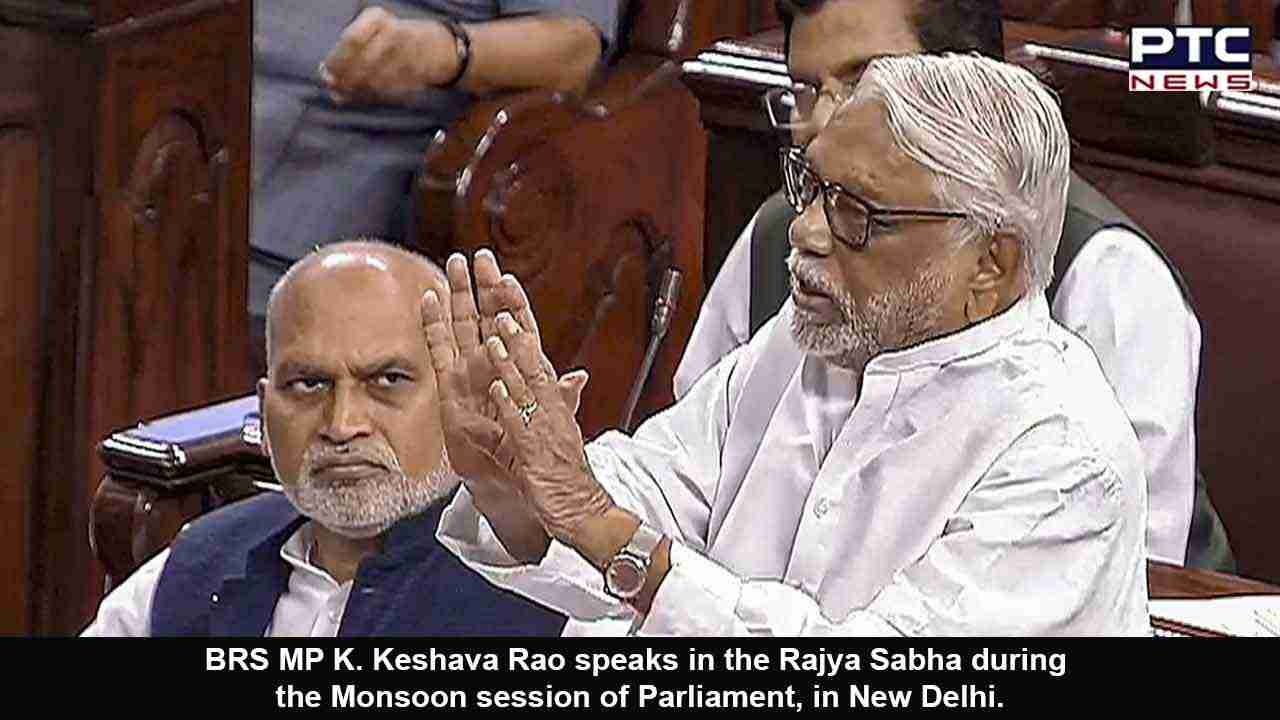

Delhi Services Bill: Know how this Bill will impact employees, if passed
Delhi services bill: The Government of National Capital Territory of Delhi (Amendment) Ordinance, 2023, has raised questions about its implications for the powers of the elected Delhi government and the role of the Lieutenant Governor (LG). In the May 11 judgment by the Supreme Court, the court granted the Delhi government the authority to enact laws and administer civil services in the national capital. It restricted the LG's role to three specific areas: public order, police, and land.
 The court aimed to strike a balance between the national interests of the Centre in the capital and the elected Delhi government's authority to govern effectively through "professional" civil service officers. However, the Centre countered the judgment by promulgating the Government of National Capital Territory of Delhi (Amendment) Ordinance, May 19.
The court aimed to strike a balance between the national interests of the Centre in the capital and the elected Delhi government's authority to govern effectively through "professional" civil service officers. However, the Centre countered the judgment by promulgating the Government of National Capital Territory of Delhi (Amendment) Ordinance, May 19.
This Ordinance seeks to establish a comprehensive administration scheme for services, claiming to balance the local and domestic interests of Delhi's people with the democratic will represented by the President of India. The Ordinance has sparked debates over the division of powers and the future of governance in Delhi.
Also Read: Manipur unrest: Supreme Court to hear plea on Manipur video case against Centre, state
The Union Cabinet gave its nod to replace the ordinance, and all parties under the INDIA coalition have expressed their support for the Aam Aadmi Party's (AAM) campaign against the Bill, which undermines a Supreme Court order granting executive powers to the Delhi government in service matters, including officer transfers and postings. While the BRS, not part of the INDIA coalition, adds weight to the Opposition's stance, the Upper House arithmetic still favours the government. All BRS members have been instructed to remain present in the House for the next three days.
The government's use of the Ordinance route back to its stance in May 21, 2015, when a Home Ministry notification granted the Lieutenant Governor (LG) power over services, leading to the contentious issue between the Aam Aadmi Party (AAP) government and the Centre for the past eight years. The notification excluded Entry 41 (services) of the State List from the Delhi government's powers.

Now, the Ordinance establishes a 'permanent' National Capital Civil Service Authority (NCCSA) with the Chief Minister as chairperson and the Chief Secretary and Principal Home Secretary as members. The NCCSA exercises authority over civil service officers in all Delhi government departments except public order, police, and land. It decides transfers, postings, disciplinary actions, and more, with the LG having the final say in case of a difference of opinion.
The creation of the NCCSA raises concerns about bureaucrats possibly having veto power over the Chief Minister, contrary to the Supreme Court's vision of a 'neutral civil service' carrying out the Council of Ministers' decisions. The NCCSA undermines government accountability and collective responsibility highlighted in the judgment, distancing civil service officers from the administrative control of elected Ministers.

The Ordinance also disregards the President's Transaction of Business Rules of the Government of National Capital Territory of Delhi, 1993, which emphasises the executive functions of the Delhi government, led by the Council of Ministers with the Chief Minister at its head.
The court's dismissal of the K Balakrishnan Committee's recommendation regarding "services" not being within NCTD's ambit is also ignored by the Ordinance. The court firmly stated that the committee's report was irrelevant as it predates the inclusion of Article 239AA in the 69th Constitution Amendment, 1991, which deals with Delhi's governance structure.
Also Read: ITR Filing 2023: Consequences of missing Income Tax Return deadline; last day alert
The Ordinance's core argument is based on the Supreme Court's acknowledgment of Parliament's superior authority to legislate for the national capital. In a review petition, the Centre contends that Delhi is not a 'full-fledged State' but rather a Union Territory extension, making Parliament its true legislature.
However, the May 11 judgment counters this view, recognising that although Delhi is not a State under the First Schedule to the Constitution, its Legislative Assembly possesses the constitutional power to legislate on subjects listed in the State List and Concurrent List.
 The unanimous judgment acknowledges that Delhi, as the National Capital Territory of Delhi (NCTD), holds legislative power to fulfill the aspirations of its people. With a democratically elected government accountable to NCTD's residents, Article 239AA(3) grants limited legislative power to NCTD, similar to that of States. This establishes an 'asymmetric federal model' with the Union of India at the center and NCTD as a regional entity.
The unanimous judgment acknowledges that Delhi, as the National Capital Territory of Delhi (NCTD), holds legislative power to fulfill the aspirations of its people. With a democratically elected government accountable to NCTD's residents, Article 239AA(3) grants limited legislative power to NCTD, similar to that of States. This establishes an 'asymmetric federal model' with the Union of India at the center and NCTD as a regional entity.
The May 11 judgment referred to a 2018 Constitution Bench judgment that upheld the application of federalism principles to NCTD, despite not conferring State status.
In the judgment, the court emphasised that the executive power of the Delhi government aligns with its legislative power, meaning the executive arm covers all subjects, including services, except public order, police, and land, which fall under the legislative arm's purview.
Also Read: Manipur Violence: Anurag Thakur appeals to opposition for peaceful Parliament discussion
The Ordinance has reinstated the LG's authority, granting him the final say on decisions made by the NCCSA concerning services, effectively placing him back in the driver's seat. This move comes despite the LG's powers having been restricted by a previous Constitution Bench judgment in 2018.
In the May 11 judgment, the court concurred with its 2018 conclusions, asserting that the LG is bound by the aid and advice of the Council of Ministers under Article 239AA(4) while exercising executive powers regarding matters within the legislative domain of the NCTD's legislative assembly.
The court emphasized that even the "limited discretionary power" granted to the LG should be exercised judiciously, reserving it for rare circumstances involving national interest and finance. The LG is not allowed to refer every matter to the President, as per the judgment.
Also Read: Jaipur-Mumbai Express: ASI among 4 killed after RPF jawan opens fire onboard Maharashtra train
- With inputs from agencies
